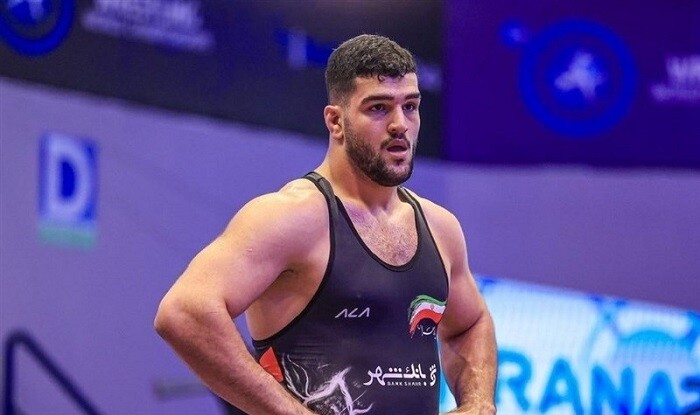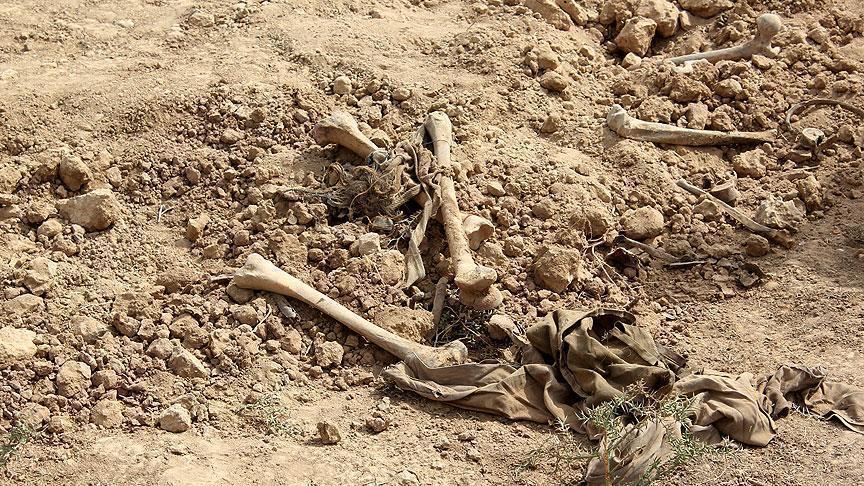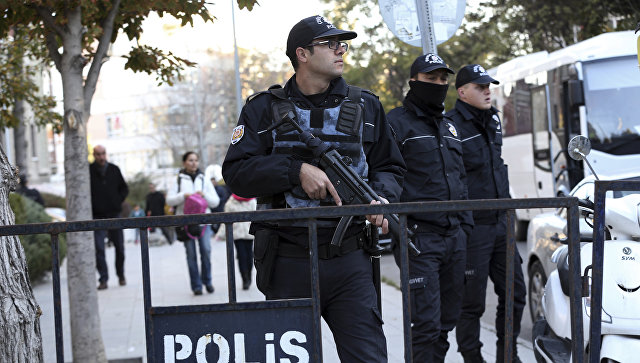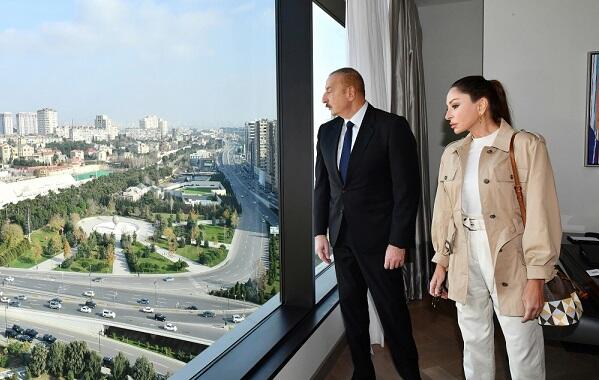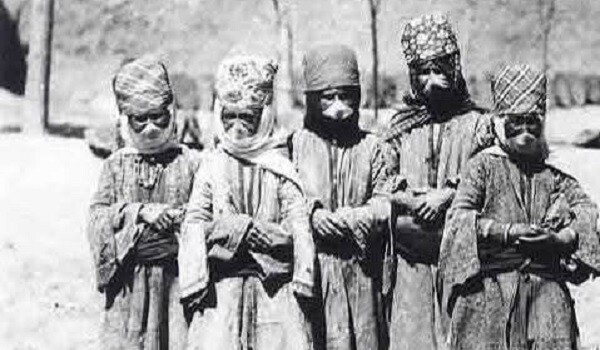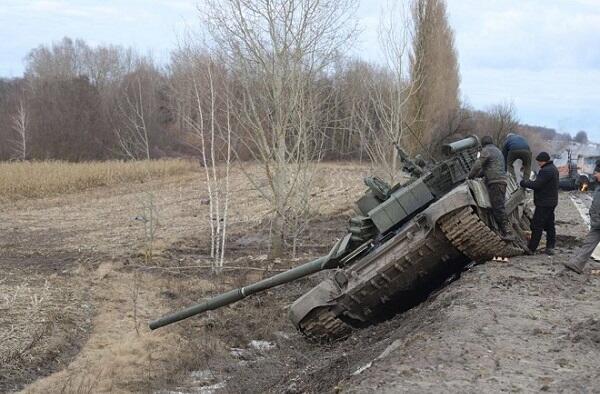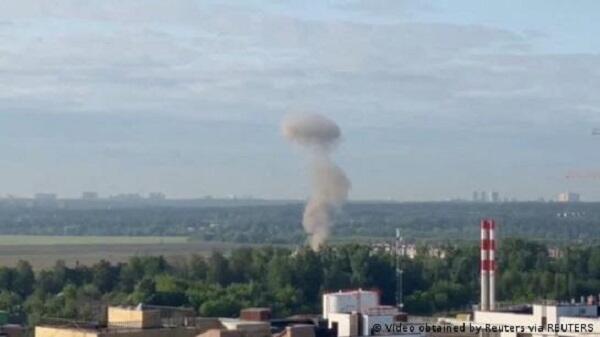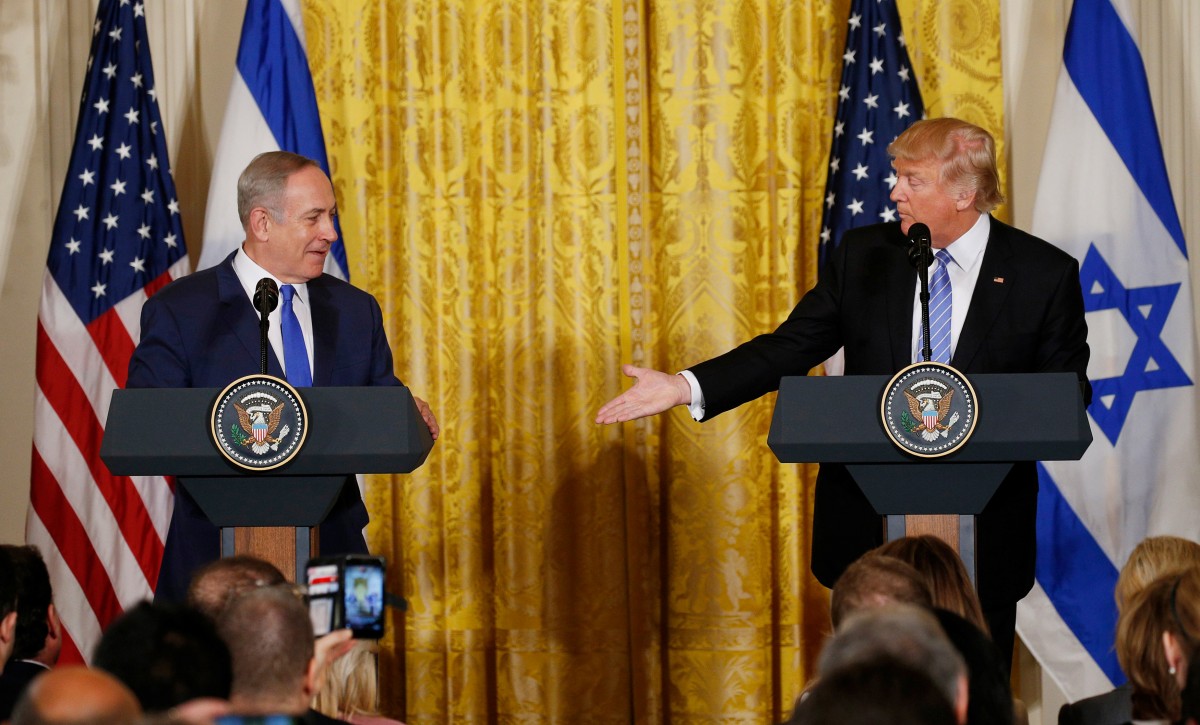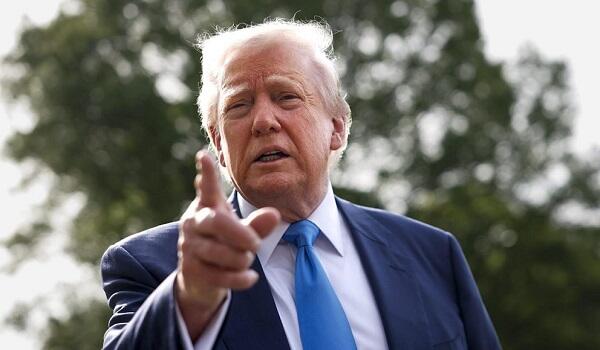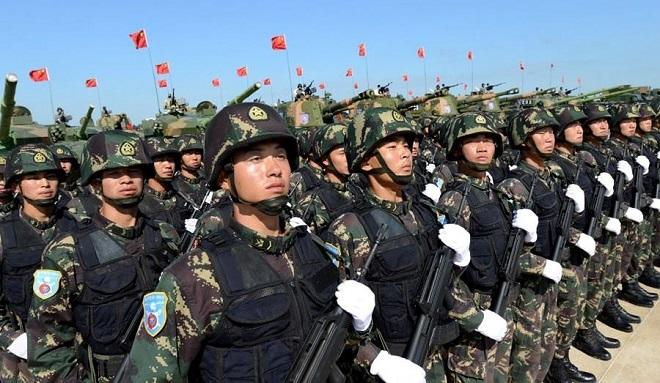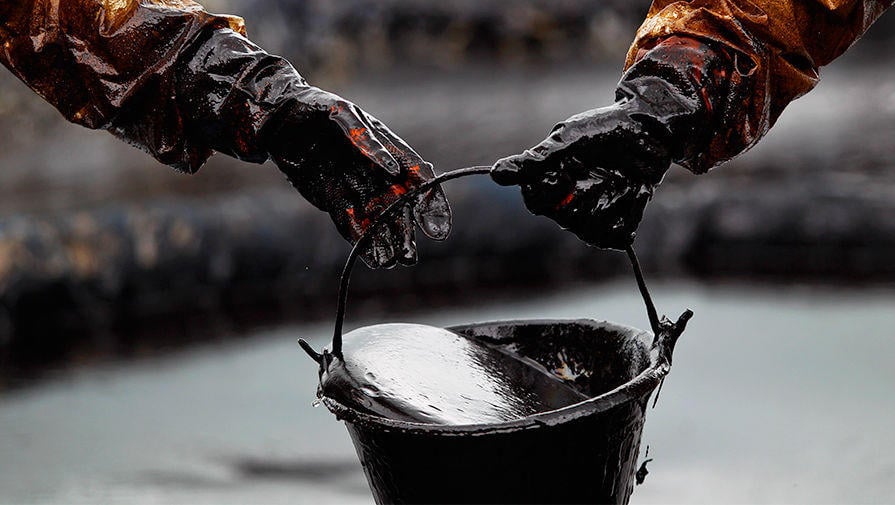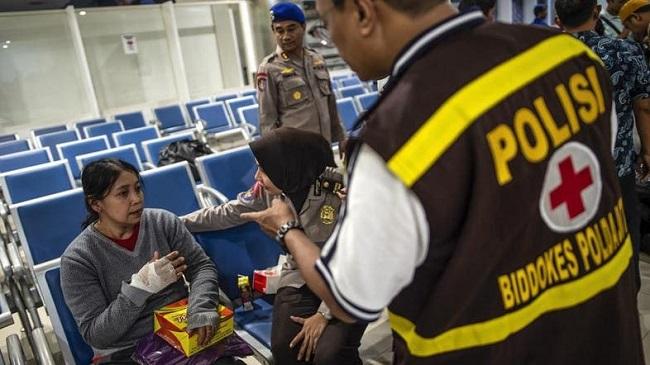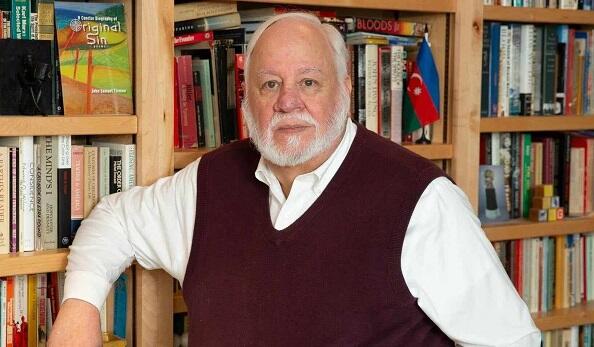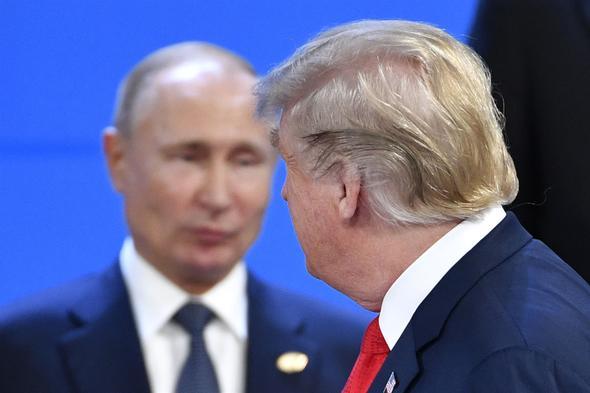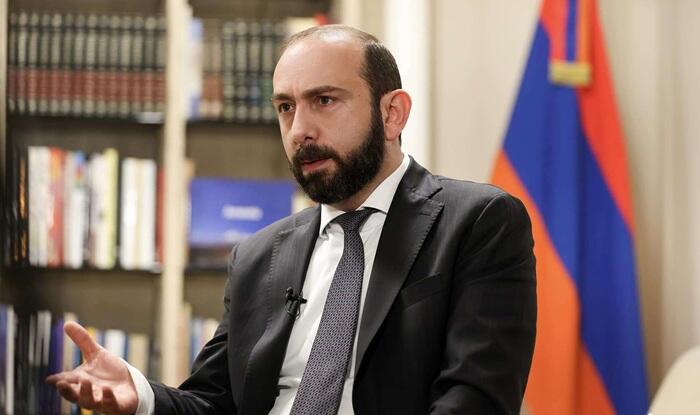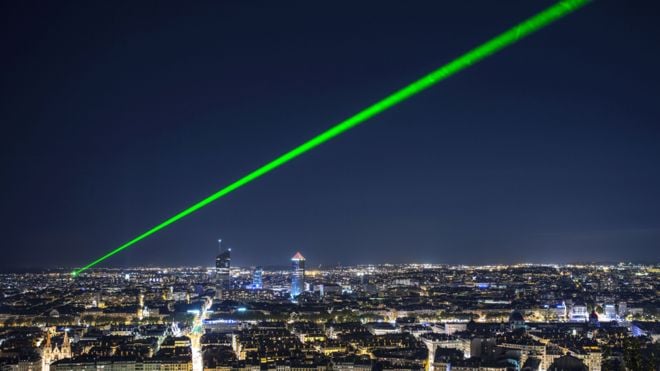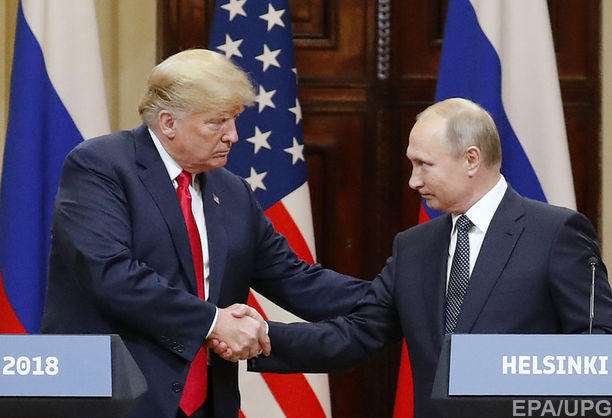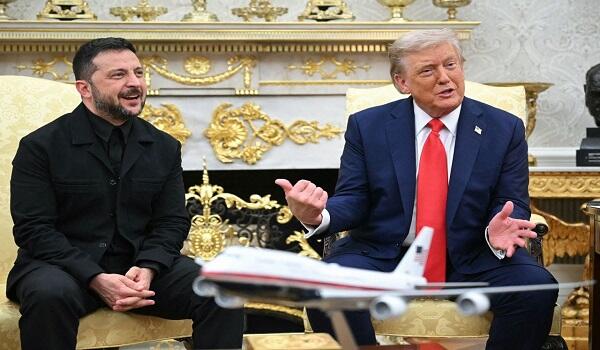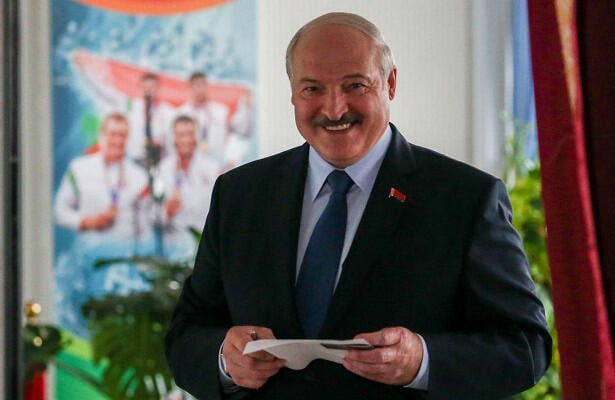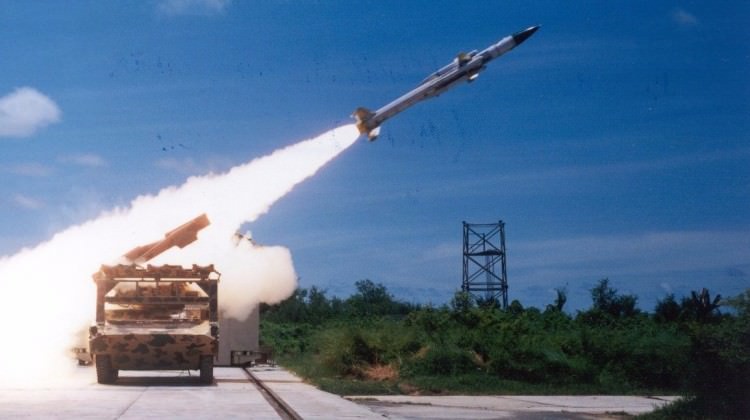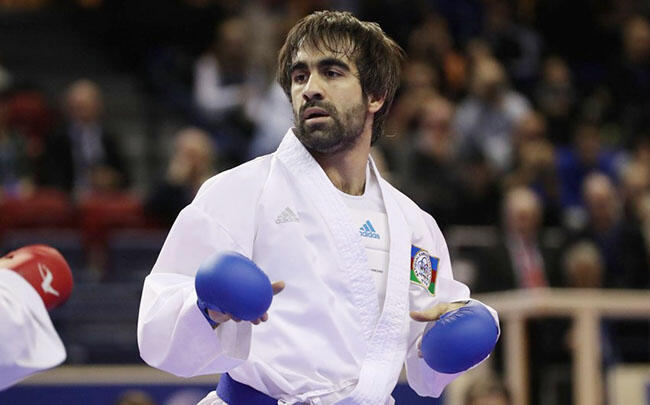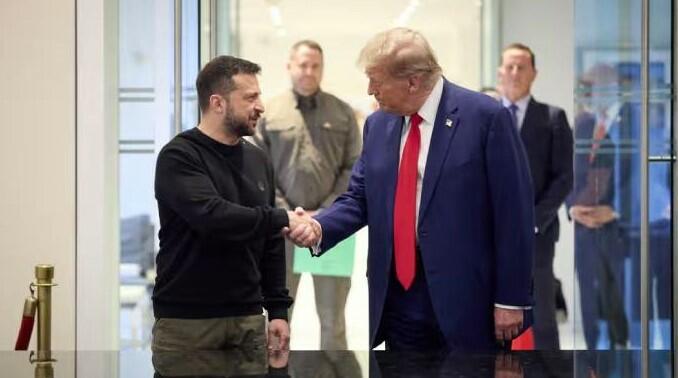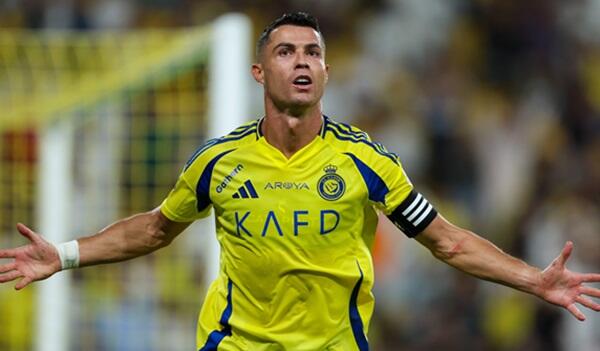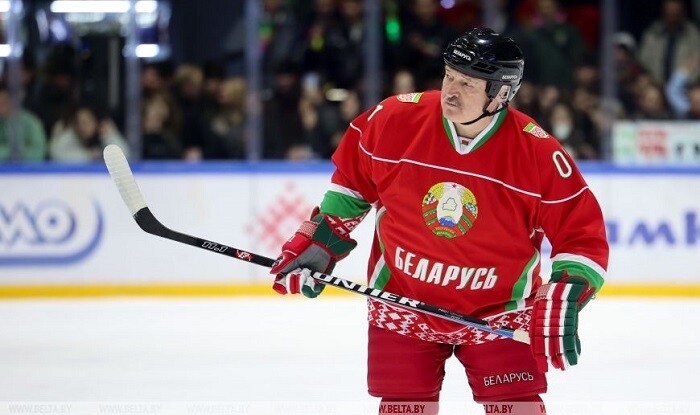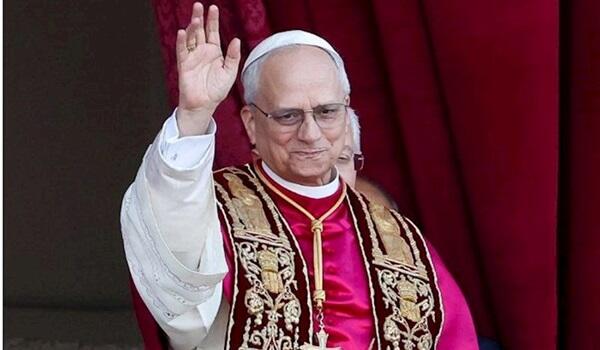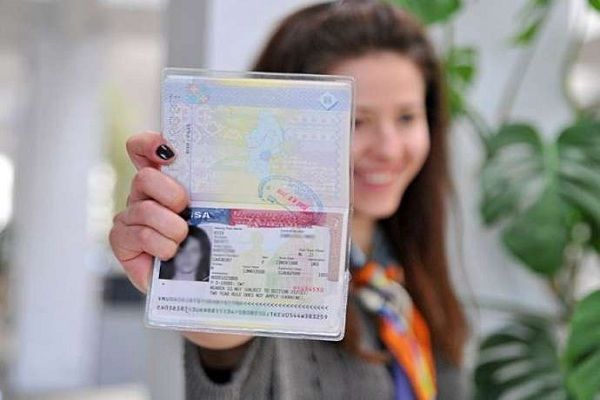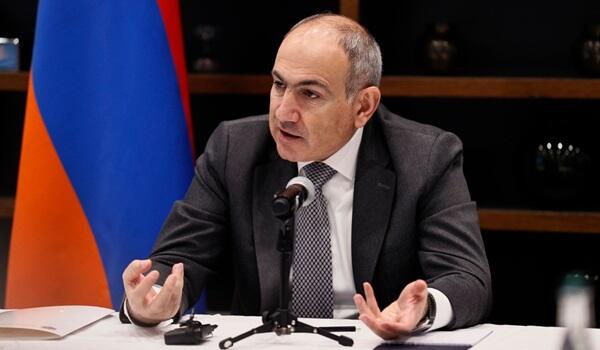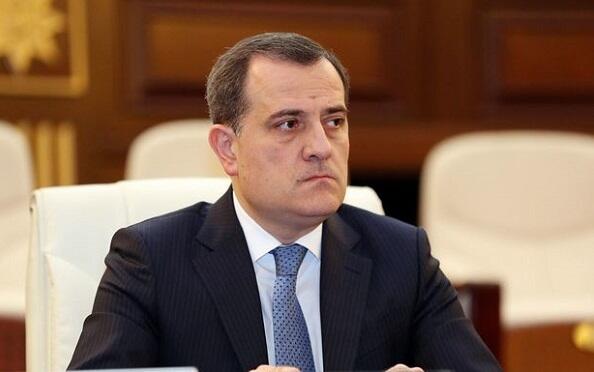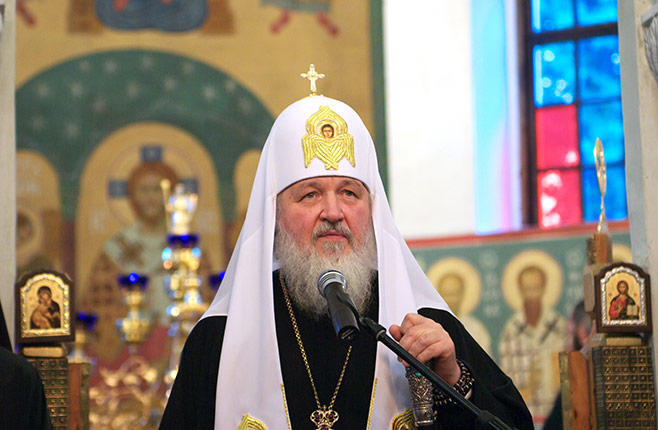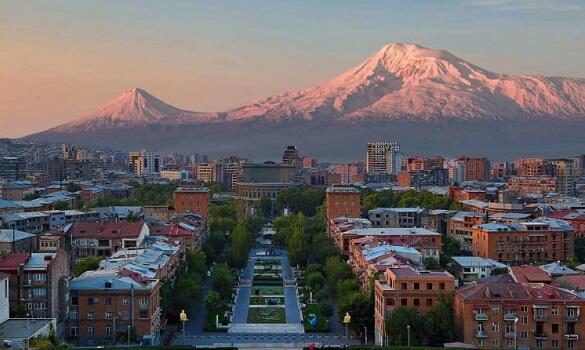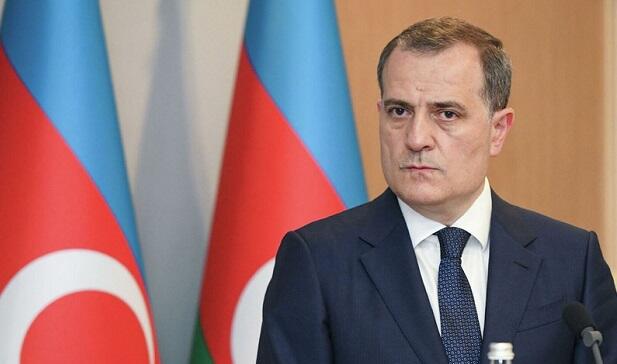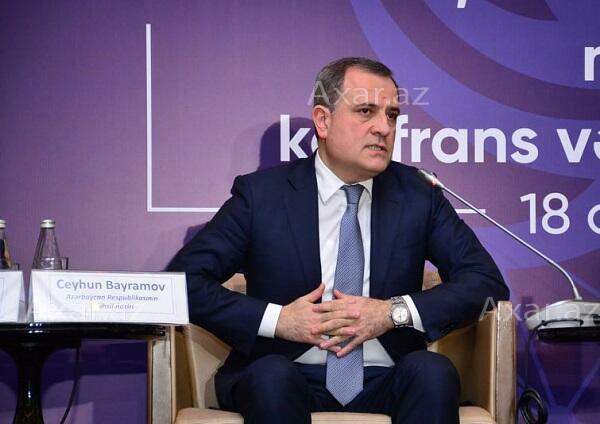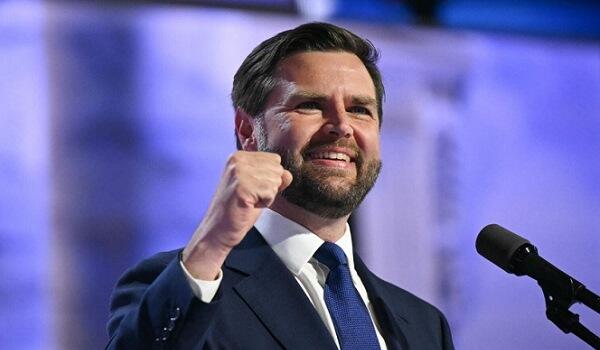Days before the US election, state TV channel Russia 24
launched a countdown timer of the hours and minutes left until
polls opened – a level of hype and anticipation far exceeding that
witnessed during Russia’s own recent parliamentary
elections.
But for all the professions of mutual admiration between
Vladimir Putin and Donald Trump, the mood in the country post-vote
should be described as confusion not euphoria. The response from
some officials was joyous – members of the state duma gave a round
of applause; Viktor Nazarov, the governor of the Omsk region,
announced that Putin’s party, United Russia, had triumphed in
America; and Margarita Simonyan, editor-in-chief of Russia Today
TV, tweeted that she wanted to drive around Moscow with an American
flag flying from the window.
But officials higher up the chain treated the news with caution.
The prime minister, Dmitry Medvedev, said Russia had more important
problems to worry about than Trump’s victory. The foreign minister,
Sergei Lavrov, urged people to wait for Trump’s actions and not
focus on his rhetoric. And Putin’s spokesman, Dmitry Peskov, said
it was too early to say whether the victory would improve
Russian-American relations, which have plummeted to a post-cold war
low.
It is unlikely that any Russian politician will admit to it, but
Russia was much better equipped to deal with a Hillary Clinton
victory that would have preserved the continuity of America’s
foreign policy and the oppositional rhetoric that Russian politics
has thrived on for years.
And despite public expressions of support for Trump, the Russian
propaganda machine did not expect him to win. When polls opened in
the US on Tuesday, Simonyan tweeted: "Democracy R.I.P." The
accusation that the US system cannot be trusted has been popular
since 2012, the year Putin became president for the third time.
According to Russian propaganda, the US has plunged Iraq, Libya
and Syria into chaos and wants Russia to suffer the same fate.
Under this narrative, Putin is the only person capable of holding
the US back and saving Russia from catastrophe.
The US is also blamed for orchestrating the Euromaidan
revolution in Ukraine, for stage-managing Russian opposition
elements from the United States and for encouraging Europe to
impose sanctions as a direct response to the Ukraine crisis.
For the past five years, the easy notion of the American enemy
has permeated the everyday lives of Russian people. A few years ago
car stickers saying "Obama is a wanker" became fashionable and
Russian establishments, from cafes to hairdressers’ salons, that
carried the sign "we do not serve Obama here" were often promoted
on state TV.
A win for Clinton would have preserved these sentiments but
Trump’s victory destroys them. Russian parliamentarians were
applauding Trump, not realising that he actually undermines their
political system, which will have to evaluate how it goes forward
now that America is no longer the enemy.
There is another problem. Putin has always enjoyed being a part
of the global neoconservative trend that was born from
dissatisfaction with the world order that emerged in the beginning
of the 21st century. Putin’s Russia loves to lambast the west for
excessive interest in the rights of minorities, for refugee policy
and other liberal issues. Now that the west is turning on itself in
these matters, with victories for Brexit and Trump, the Kremlin
doesn’t quite know where to turn.
The Kremlin needed Trump, but as a loser, not a winner. They
wanted to be able to continue to oppose the international
mainstream, not be a part of it. Now Putin’s main foreign policy
objective must be to fall out with Trump, because without that, the
Kremlin will have no one to blame for Russia’s problems but
Russia.
